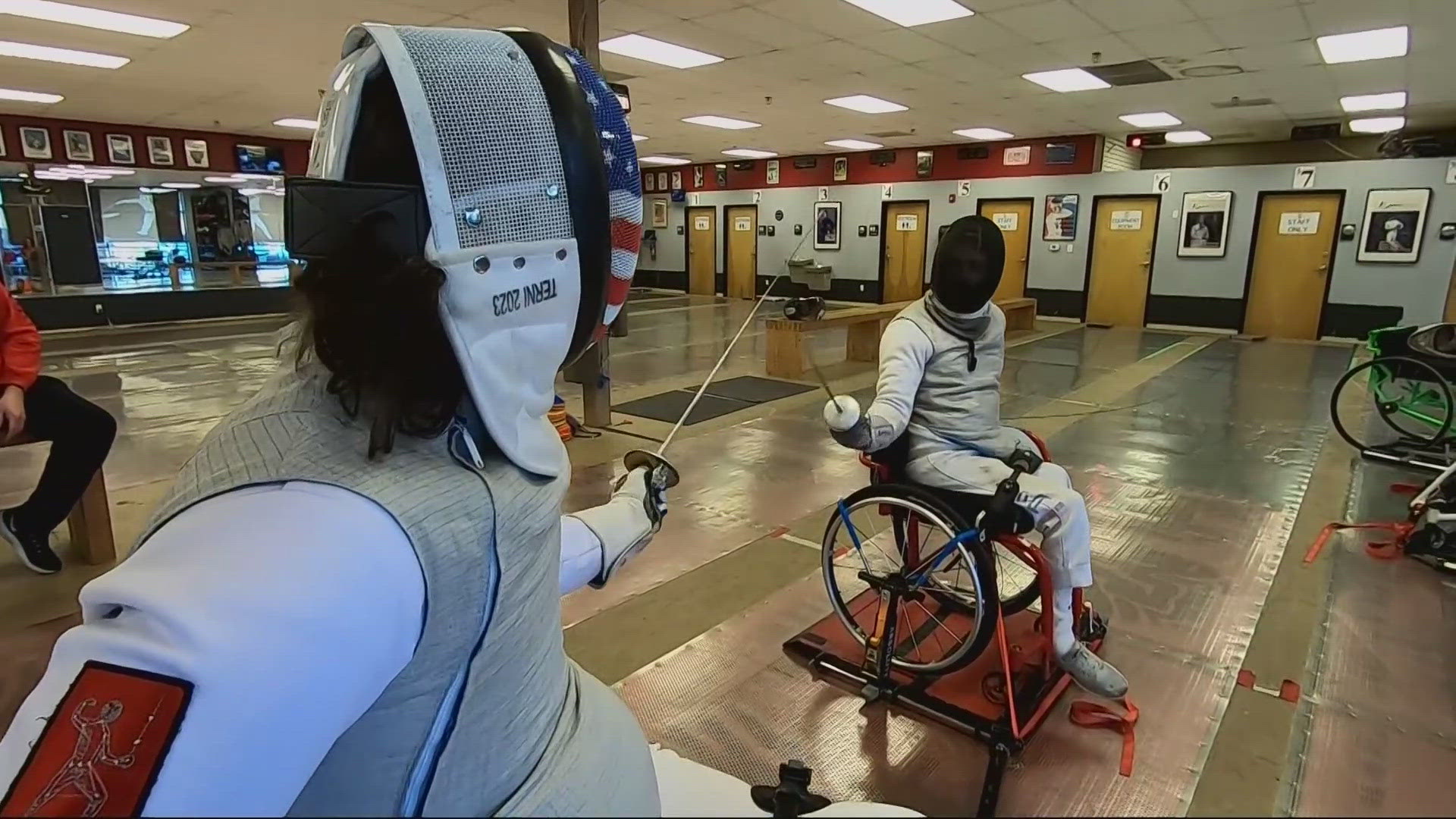PORTLAND, Oregon — Intel is now using AI to help visually impaired people travel through Olympic settings, through an app which guides visitors around every turn.
The app, called GoodMaps, is being used in the U.S. Training Center in Paris and at the Paralympic headquarters in Germany. Using a camera, venues have been scanned and stitched together. Then, a voice prompts users where to walk.
"That goes a long way in building confidence in travel," Darryl Adams, Intel’s Director of Accessibility said. "I'm not ever 100% confident that I know where I am, so with this app, I can select a destination."
Adams is visually impaired and partially deaf. He spent years developing the programming for the app. Before being implemented at the Olympics, the app was already being used in 21 states and five countries. In Portland, it’s operational at the Portland International Airport and Portland State University.
In many locations of use, the app is used at transportation hubs and sports venues.
“That type of new experience is often anxiety producing," Adams said.
The goal is that this app will help alleviate stress athletes are feeling, thereby helping Olympians perform their best.
"If we can keep their focus and their attention on what they're there to do, that's a win," Adams said.
Eventually, Intel hopes to expand the app to be used worldwide. Globally, more than a billion people live with disabilities, Adams said.
"My goal is that this technology would be similar to a GPS in your car," he added.
Adams hopes soon, Intel can shift away from users using their phone to navigate new areas. Instead, the plan is that people could wear glasses instead, which will direct them on when to turn. That technology could be a gamechanger for many who are visually impaired.
"In five to ten years, it's going to be amazing," Adams said.

